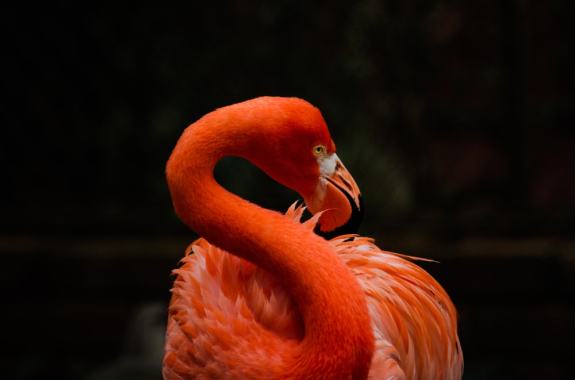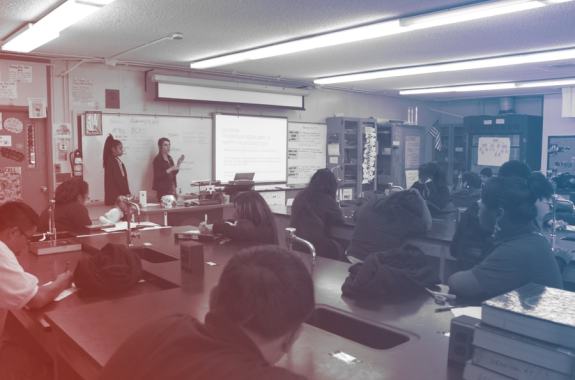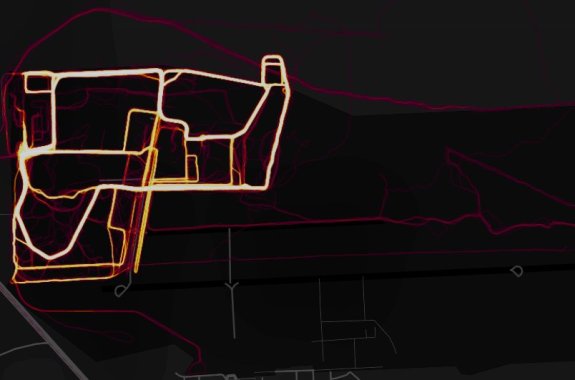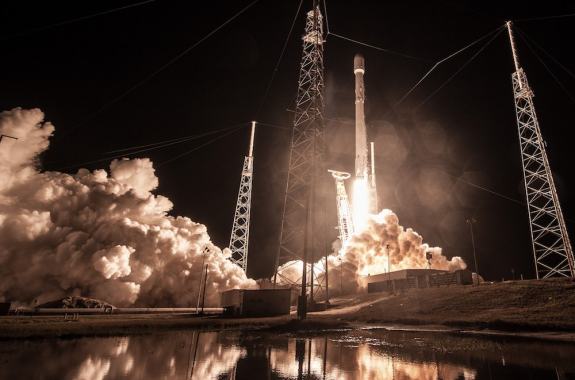As Science Friday’s director and senior producer, Charles Bergquist channels the chaos of a live production studio into something sounding like a radio program. He coordinates in-studio activities each week from 1-4. And then collapses. He also produces pieces for the radio show. His favorite topics involve planetary sciences, chemistry, materials, and shiny things with blinking lights.
Charles has been at Science Friday longer than anyone on staff except Ira, and so serves as a repository of sometimes useful, sometimes useless knowledge about the program. He remembers the time an audience member decided to recite a love poem during a live remote broadcast, the time the whole staff went for ice cream at midnight in Fairbanks, Alaska, and the name of that guy Ira is trying to remember from a few years back who did something with space.
He hails from southeastern Pennsylvania and worked for a while as a demonstrator at the Franklin Institute, Philadelphia’s science museum (favorite devices: Maillardet’s Automaton, the stream table, the Chladni plates). He has a degree in chemistry from the University of Delaware, home of the Fighting Blue Hens, and a master’s in journalism from New York University’s Science, Health, and Environmental Reporting Program. However, he attended the program prior to the addition of ‘Health’ to its name, which may explain his slight unease when covering medical topics.
Outside the walls of Science Friday, he enjoys backpacking, camping, cooking not-entirely-healthy things, reading escapist fiction, and trying to unravel his children’s complicated stories.
8:05
Do Florida’s Flamingos Really Belong There?
New research argues that flamingos are a species native to Florida, and should be protected.
4:35
In Idaho, A Battle Over Climate In The Classroom
The Idaho legislature is debating how to address human-induced climate change in revised science education standards.
5:01
The Earth’s Ozone Woes Haven’t Gone Away Yet
While the ozone layer above the poles is on the mend, the health of the layer in middle latitudes is less clear.
17:38
From Strava to Facebook to Venmo, You May Be Leaking Data
Your online activities may be showing the world more than you think about your personal life.
7:44
A Michigan Fireball, An Omnivorous Shark, And An Ancient Epidemic
An exploding meteor gave a spectacular sky show near Detroit.
4:32
As Trump Pushes Offshore Drilling, Local Lawmakers Push Back
How states like California could put up their own barriers to proposed drilling rules.
7:41
Radio Bursts, A Trip To CES, And A Sea Turtle Shift
New research argues that mysterious deep-space radio bursts may be produced by neutron stars.
4:17
A Successful Launch…Or Was It?
SpaceX says its recent launch of a secret payload went as planned. But the satellite is missing.
7:06
Sorry, But Still No Aliens
Plus: News of ancient migrations, strange dimensional physics, and the silliness of ‘raw water.’
17:04
Putting AI To Work For The Environment
Lucas Joppa, chief environmental scientist at Microsoft, says that artificial intelligence has the potential to help answer big environmental questions.









